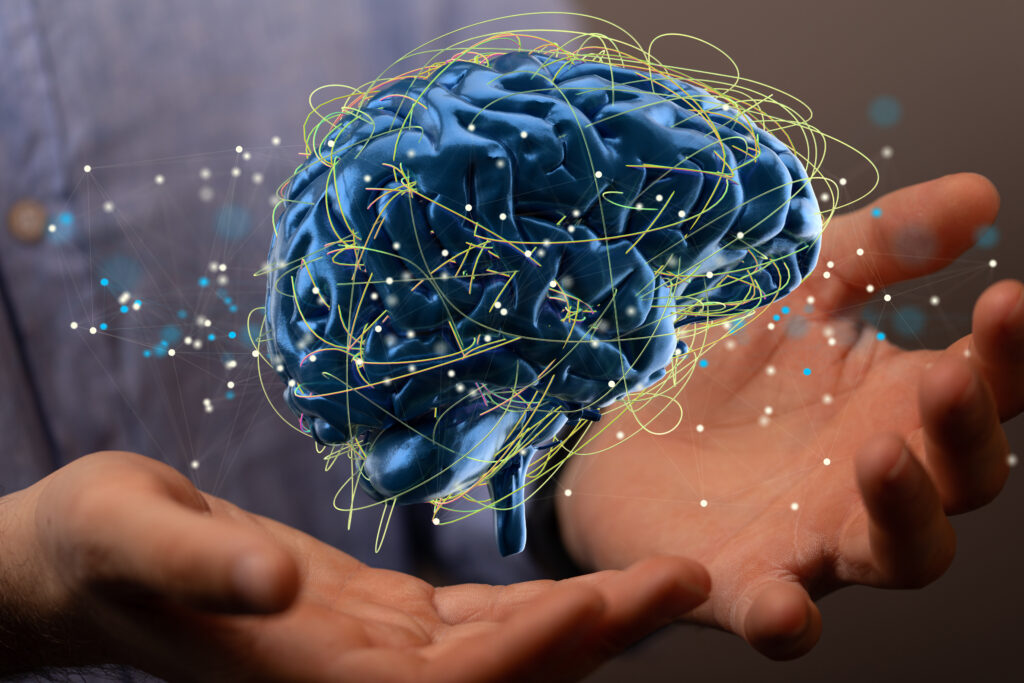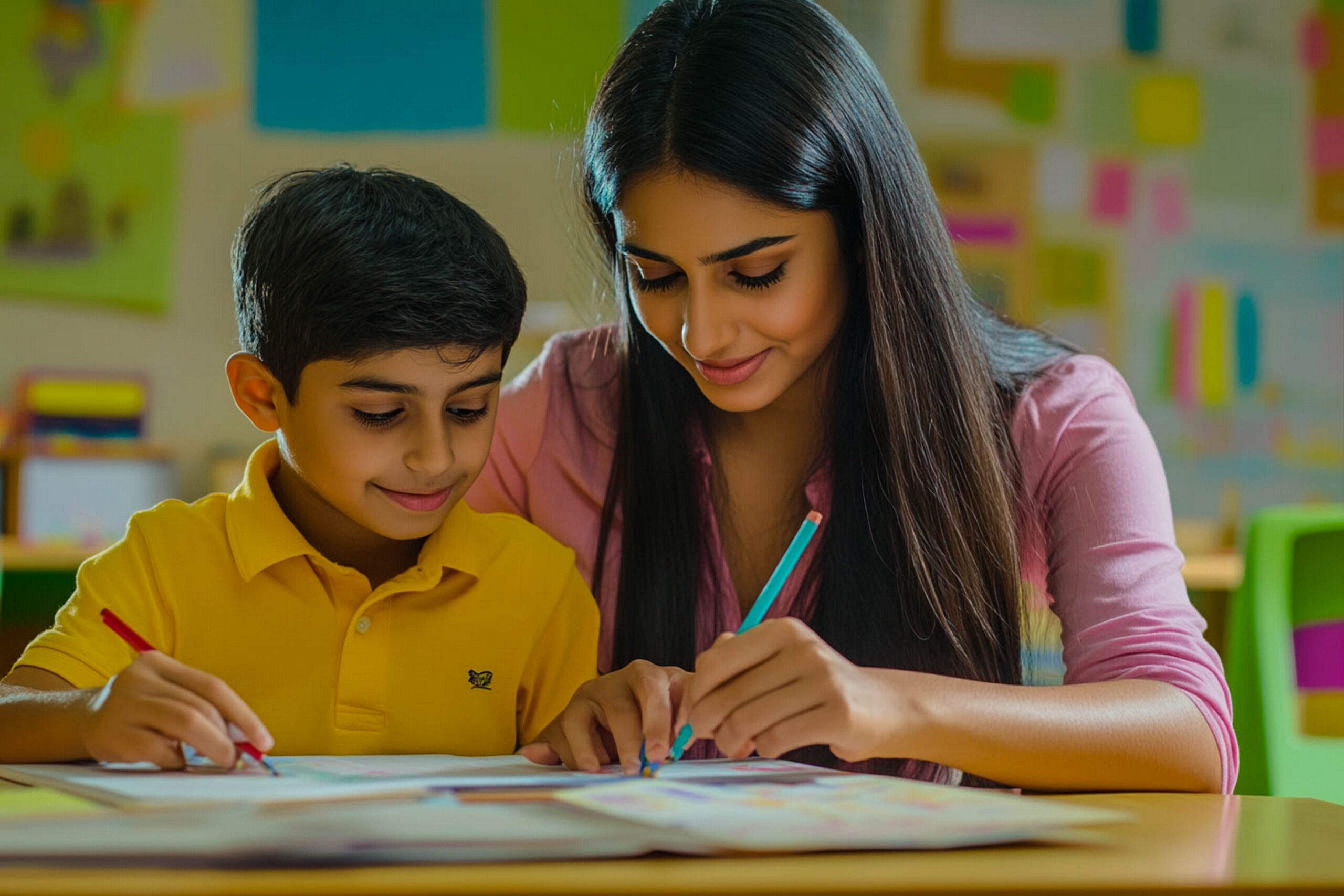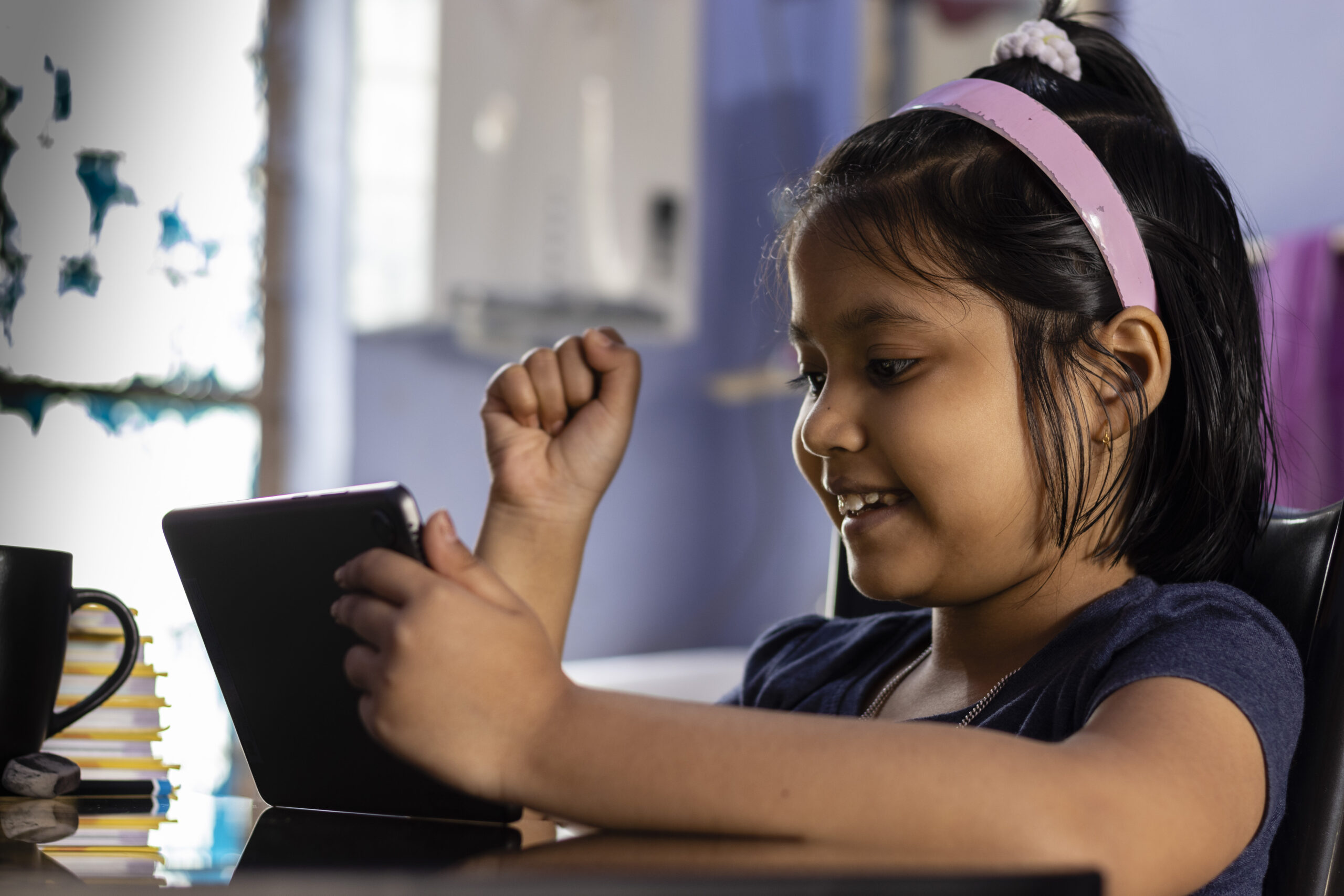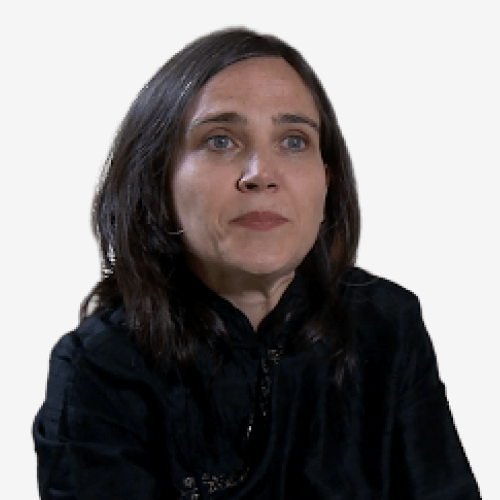Neuroscience of Memory: How Navriti Helps Children Retain and Recall Better
September 4, 2025 2025-09-04 7:06Neuroscience of Memory: How Navriti Helps Children Retain and Recall Better

Neuroscience of Memory: How Navriti Helps Children Retain and Recall Better

Memory is the foundation of learning. Without it, no amount of studying, practice, or teaching can truly take root. Yet, many children struggle not because they lack intelligence, but because they haven’t been taught how to remember. At Navriti, we integrate brain science in schools with innovative teaching methods to strengthen memory, making learning a lasting and joyful experience.
The Science Behind Memory in Learning
Memory isn’t just about storing facts, it’s a complex process involving three key stages:
- Encoding – how information is taken in.
- Storage – how it’s retained in the brain.
- Retrieval – how it’s recalled when needed.
When schools focus only on rote memorization, they skip over these stages, leaving students struggling to recall information. By applying neuroscience-based recall techniques, Navriti ensures that learning is meaningful, engaging, and retained longer.
Why Children Forget What They Learn
Children often forget lessons quickly because:
- Information is not connected to existing knowledge.
- There is a lack of repetition and recall practices.
- Emphasis is placed on memorization instead of understanding.
- Stress and exam pressure hinder memory retrieval.
Navriti’s approach helps students overcome these barriers with scientifically proven strategies.

Navriti’s Approach to Strengthening Memory
Navriti’s precision schooling combines neuroscience of memory with personalized education. Here’s how:
1. Active Recall Techniques
Students are encouraged to retrieve knowledge through quizzes, peer teaching, and problem-solving, which strengthens neural connections.
2. Spaced Repetition
Information is reviewed at strategic intervals, proven by brain science to improve long-term memory.
3. Multi-Sensory Learning
Lessons include visual, auditory, and kinesthetic experiences so concepts are stored across multiple brain pathways.
4. Mind Maps & Associations
Students learn to connect ideas through storytelling, diagrams, and patterns, making memory in learning both fun and effective.
5. Stress-Free Learning Environments
Mindfulness practices and low-pressure classrooms reduce anxiety, ensuring children recall knowledge during exams without panic.
Benefits for Students at Navriti
- Stronger recall during tests and real-life problem-solving.
- Reduced reliance on rote memorization.
- Higher confidence and motivation in learning.
- Improved academic performance through deeper retention.
By turning brain science in schools into everyday classroom practices, Navriti empowers children not just to learn, but to remember for life.
FAQs
Q1. Why is memory so important in learning?
Memory is the backbone of learning because it allows children to store and retrieve knowledge. Without strong memory skills, understanding and applying concepts becomes difficult.
Q2. How is Navriti’s approach different from rote memorization?
Unlike rote memorization, Navriti uses neuroscience-based recall techniques such as spaced repetition, active recall, and mind mapping, which ensure long-term retention instead of short-term cramming.
Q3. Can memory skills be improved in children?
Yes! With the right methods, such as multi-sensory learning and stress-free environments, children can significantly improve their ability to remember and recall information.
Q4. How does spaced repetition help in memory retention?
Spaced repetition revisits lessons at increasing intervals, strengthening the brain’s ability to store knowledge in long-term memory.
Q5. Does Navriti help children struggling with exam stress and memory blocks?
Absolutely. Navriti incorporates mindfulness and stress management into its learning approach, ensuring children stay calm, focused, and able to recall knowledge during exams.
Conclusion
The future of education lies in aligning teaching with how the brain naturally learns and remembers. Navriti’s neuroscience-driven approach ensures that memory in learning is no longer a challenge but a skill that grows with every lesson. With recall techniques and brain-friendly strategies, we prepare students for academic success and lifelong learning.

















